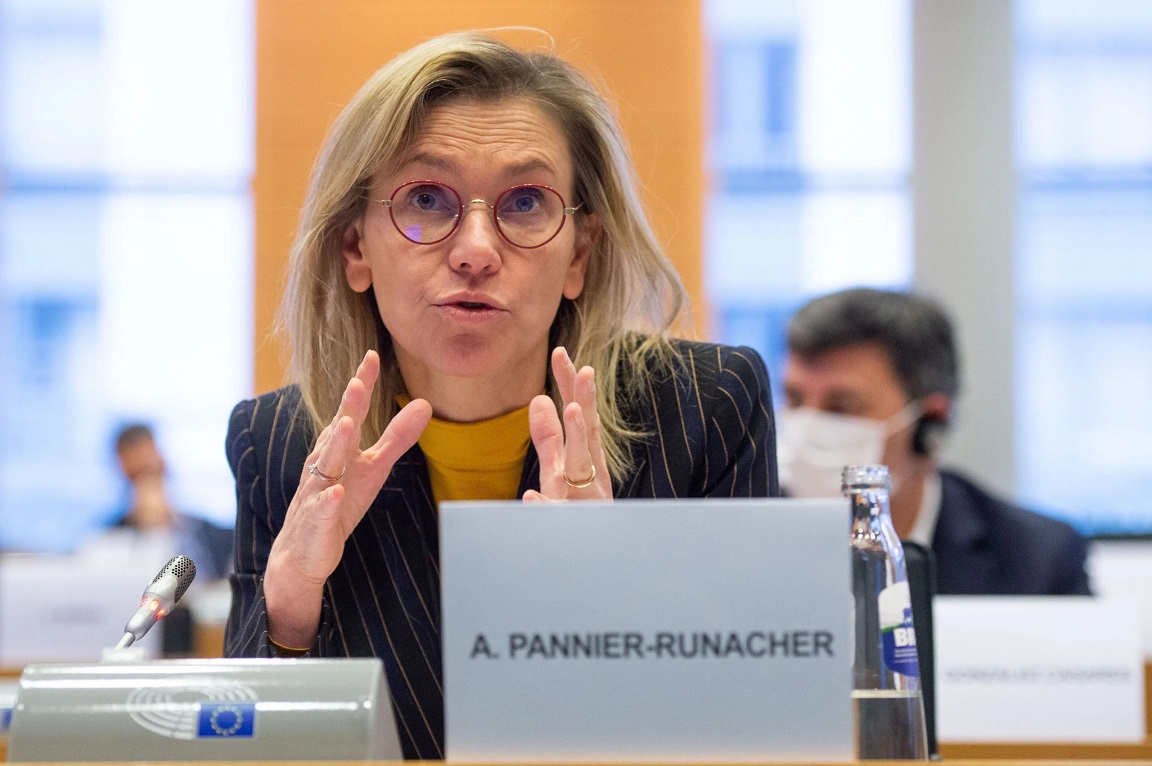11 Dec 2024

Tired Earth
By The Editorial Board

The conference was attended by 21 countries, including 15 from Europe – Bulgaria, Romania, the Netherlands, Poland, Croatia, the Czech Republic, Estonia, Finland, France, Hungary, Slovakia, Slovenia, Sweden, Ukraine and the UK – as well as Turkey, South Korea, Japan, Ghana and the US.
“This is the first time in 13 years that so many ministers have come together for a Nuclear Energy Agency (NEA) event,” said French Energy Minister Agnès Pannier-Runacher, who co-chaired the event with William D. Magwood, director-general of the OECD’s Nuclear Energy Agency.
The timing is right, added Pannier-Runacher about the shift in attitude among EU member states like the Netherlands and Italy, who were until recently historically opposed to nuclear power.
Some 30 industry leaders also participated in the debates, with several signing a joint press release on Friday calling for redeveloping nuclear power.
On the agenda of the Paris event were topics like financing, supply chain and fuel issues, and coordination between governments and industry.
International financing
At the event, participants called on international financial institutions, regional development banks and organisations, including the EU, to finance nuclear power.
“We intend to explore innovative financing approaches, including public-private partnerships, to facilitate access to capital for refurbishment, long-term operation, spent fuel and waste long-term storage & disposal, and new nuclear build projects internationally while mitigating the economic costs of risk through public support mechanisms,” says a joint communiqué.
This means that the EU is also called upon to join the movement.
In this sense, Pannier-Runacher “welcomed” the statement made on Tuesday (26 September) by the President of the European Commission, Ursula von der Leyen, who, for the first time, envisaged EU subsidies for nuclear power.
“Nuclear energy needs public support in three areas: financing [including from the European Investment Bank], skills development and innovation,” the EU’s internal market Commissioner Thierry Breton said at the event’s start.
Asked about the possible reluctance of EU countries such as Germany to allow EU funds to be used for nuclear power, Pannier-Runacher said that “the problem lies in the different treatment of two energies that contribute to the same [decarbonisation] goals”, namely nuclear power and renewables, which are all low-carbon.
The joint statement calls on financial institutions to “classify nuclear energy with all other zero- or low-emission energy sources in financial taxonomies”.
The countries that signed the joint declaration have another powerful argument: nuclear capacity is set to triple worldwide by 2050 according to OECD scenarios, although a less optimistic IEA predicts that it will double.
Sharing the same values
The meeting was an opportunity for nuclear proponents to get together, but only from “democratic countries that share the same values”, Pannier-Runacher’s entourage explained on Wednesday.
While the talks did not directly address the dependence of some participating countries on Russia’s nuclear industry, “there is an implicit commitment by all OECD countries to condemn the Russian invasion,” Pannier-Runacher’s office said.
While Russia has been suspended from the OECD’s Nuclear Energy Agency, the Eastern European countries that attended the event are also members of the “Nuclear Alliance”, which is committed to “building partnerships to move away from this dependence [on Russia]”, the minister’s entourage added.
Their presence allowed EU countries present in Paris to hold informal talks on the ongoing reform of the EU electricity market, for which France advocates an approach favouring existing nuclear plants.
While the topic was not up for discussion, Pannier-Runacher’s office said ahead of the conference that “bilateral meetings with some of them [members of the nuclear alliance] will indeed take place”.
On the morning of the event, Pannier-Runacher was due to meet her Italian counterpart Gilberto Pichetto Fratin “to discuss cooperation on nuclear issues and the future of the European electricity market,” she said on X (formerly Twitter).
Italy did not take part in the OECD debates or sign the joint communiqué but was present as an observer.
Whatever the outcome, Pannier-Runacher is “building on her momentum”, said Phuc-Vinh Nguyen, a researcher on European energy policy at the Jacques Delors European Institute, in comments to Euractiv France.
Source : euractiv.com
Comment